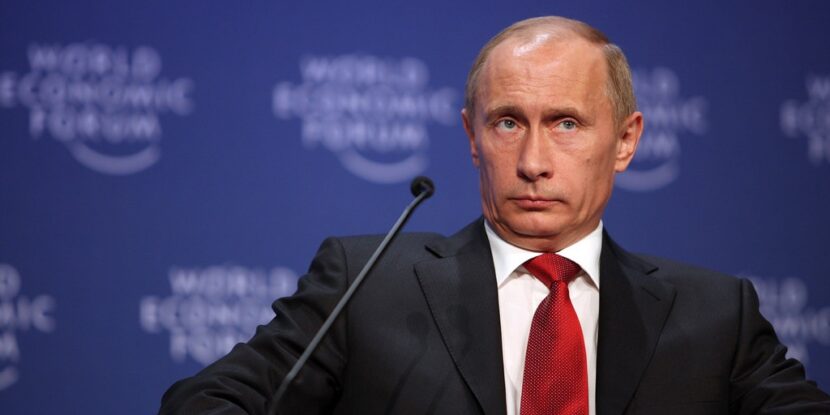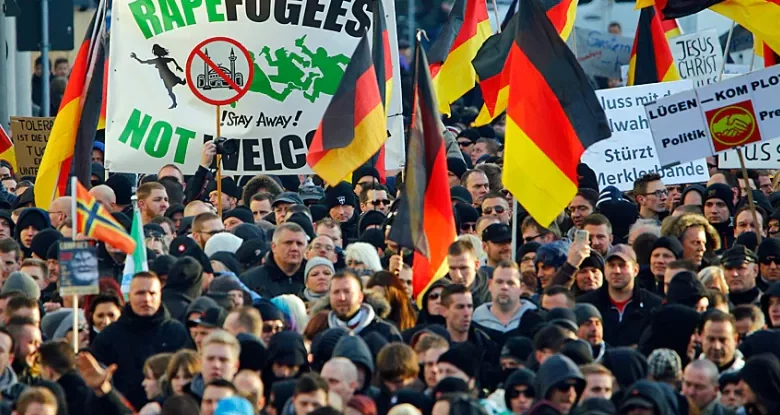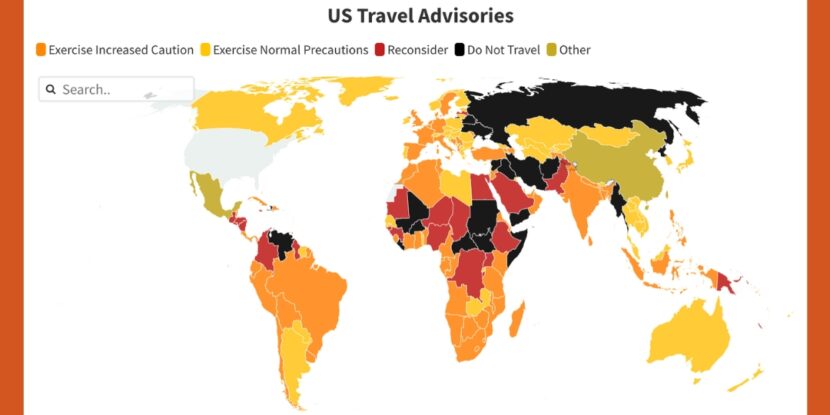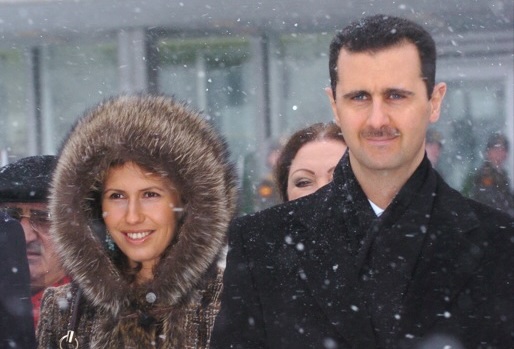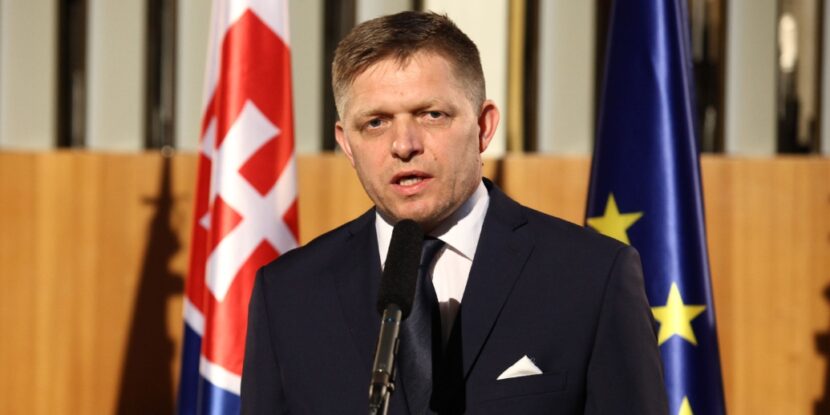Russian President Vladimir Putin says his country is prepared to accept a negotiated ceasefire in its invasion of Ukraine along current battle lines but will continue hostilities if Ukrainian President Volodymyr Zelensky and the country’s Western allies decline. In recent weeks, the Russian military has managed several critical breakthroughs along Ukrainian defenses and captured more territory than Ukraine took in its 2023 counter-offensive.
The Russian leader is rumored to be frustrated with U.S. and British efforts to dissuade Ukraine from accepting a negotiated settlement to the conflict and President Zelensky’s refusal to engage in talks. “Putin can fight for as long as it takes, but Putin is also ready for a ceasefire—to freeze the war,” an unnamed senior Russian official told Reuters.
“Let them resume,” Putin said at a press conference in Belarus on Friday, adding that Ukraine must accept “the realities on the ground.” Meanwhile, Putin’s press secretary, Dmitry Peskov, stressed that Russia does not want “eternal war.” The recent comments from Russian officials, as well as Putin, appear to indicate they are satisfied with their recent territorial gains and can sell a ceasefire as a victory at home.
Responding to Putin in a post on X (formerly Twitter), Ukrainian Foreign Minister Dmytro Kuleba said Russia was sending “phony signals” in an effort to derail peace talks initiated by his government slated to start next month in Switzerland. Kuleba wrote: “Putin currently has no desire to end his aggression against Ukraine. Only the principled and united voice of the global majority can force him to choose peace over war.”
Zelensky adviser Mykhailo Podolyak accused Putin of demanding Western democracies capitulate and accept their defeat.
show less